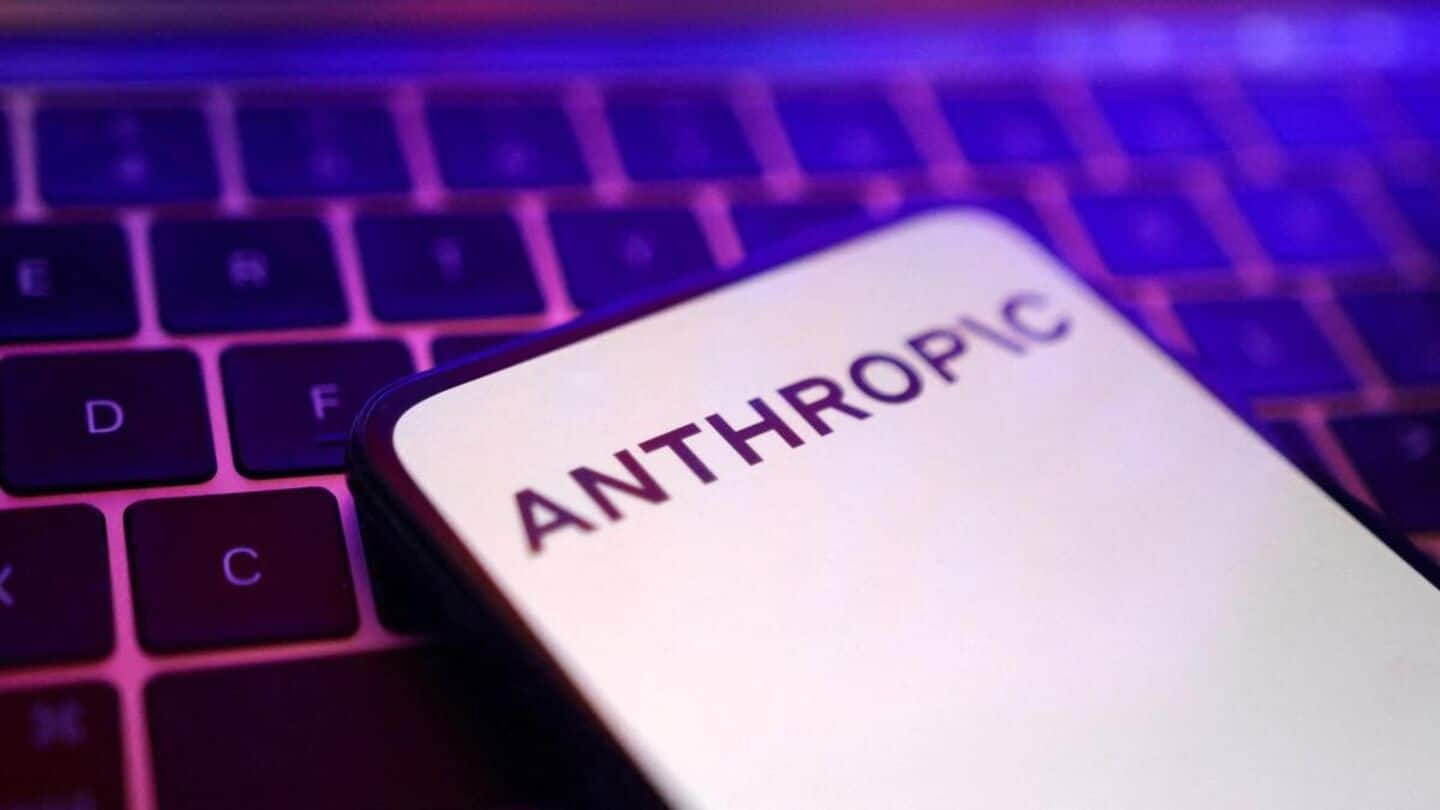
Anthropic launches new AI models for US defense, intelligence agencies
What's the story
Anthropic, a leading artificial intelligence (AI) company, has announced the launch of its new set of "Claude Gov" models. The advanced AI systems are specifically designed for the US defense and intelligence agencies. The models have been specially trained to analyze classified information more effectively and are less restricted when it comes to government use.
Custom design
Limited access to these advanced models
The Claude Gov models will meet the unique needs of government agencies, such as threat assessment and intelligence analysis, according to Anthropic. However, the company has clarified that these models have been subjected to the same rigorous safety testing as all their other AI systems. The company also noted that access to these advanced models will be limited to government agencies dealing with classified information.
Advanced features
More proficient in languages and dialects relevant to national security
The Claude Gov models also boast an improved understanding of documents and context within defense and intelligence. They are also more proficient in languages and dialects relevant to national security. This makes them a powerful tool for government agencies, despite the long-standing concerns about the potential harms of AI technology on minorities and vulnerable communities.
Policy exceptions
Exceptions to the usage policy
Anthropic's usage policy prohibits the creation or facilitation of illegal or highly regulated weapons or goods with its products. However, the company has created a set of contractual exceptions to this policy for select government agencies. These exceptions are "carefully calibrated to enable beneficial uses," while still prohibiting certain activities like disinformation campaigns and malicious cyber operations.
Market competition
Competing with OpenAI's ChatGPT Gov
The launch of Claude Gov models also reflects Anthropic's competitive positioning against OpenAI's ChatGPT Gov, a product for US government agencies that was launched in January. The move is part of a larger trend where AI giants and start-ups are looking to strengthen their business ties with government agencies amid an uncertain regulatory landscape.